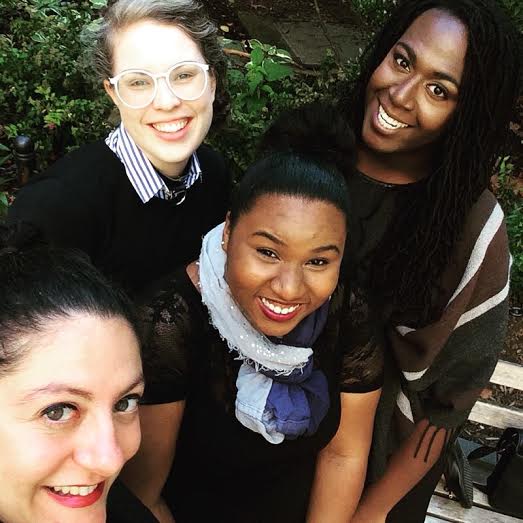October 22nd And After: The Movement Against Police Violence And Black Sex Workers

Every year since 1995, thousands of people all over the world have joined forces in an effort to end police brutality, repression, and the criminalization of our lives. In America, yesterday, October 22nd, has become known as the National Day to End Police Brutality. These efforts were launched by the Revolutionary Communist Party, USA and have historically focused on violence perpetrated against men.
As the developer of the hashtag #BlackTransLivesMatter and a national partner of the larger #BlackLivesMatter network, I must point out that the violence against folks like us manifests in many different ways and hits black cis and trans women the hardest.